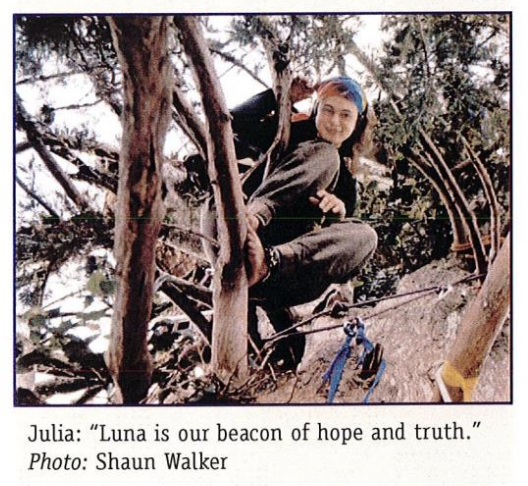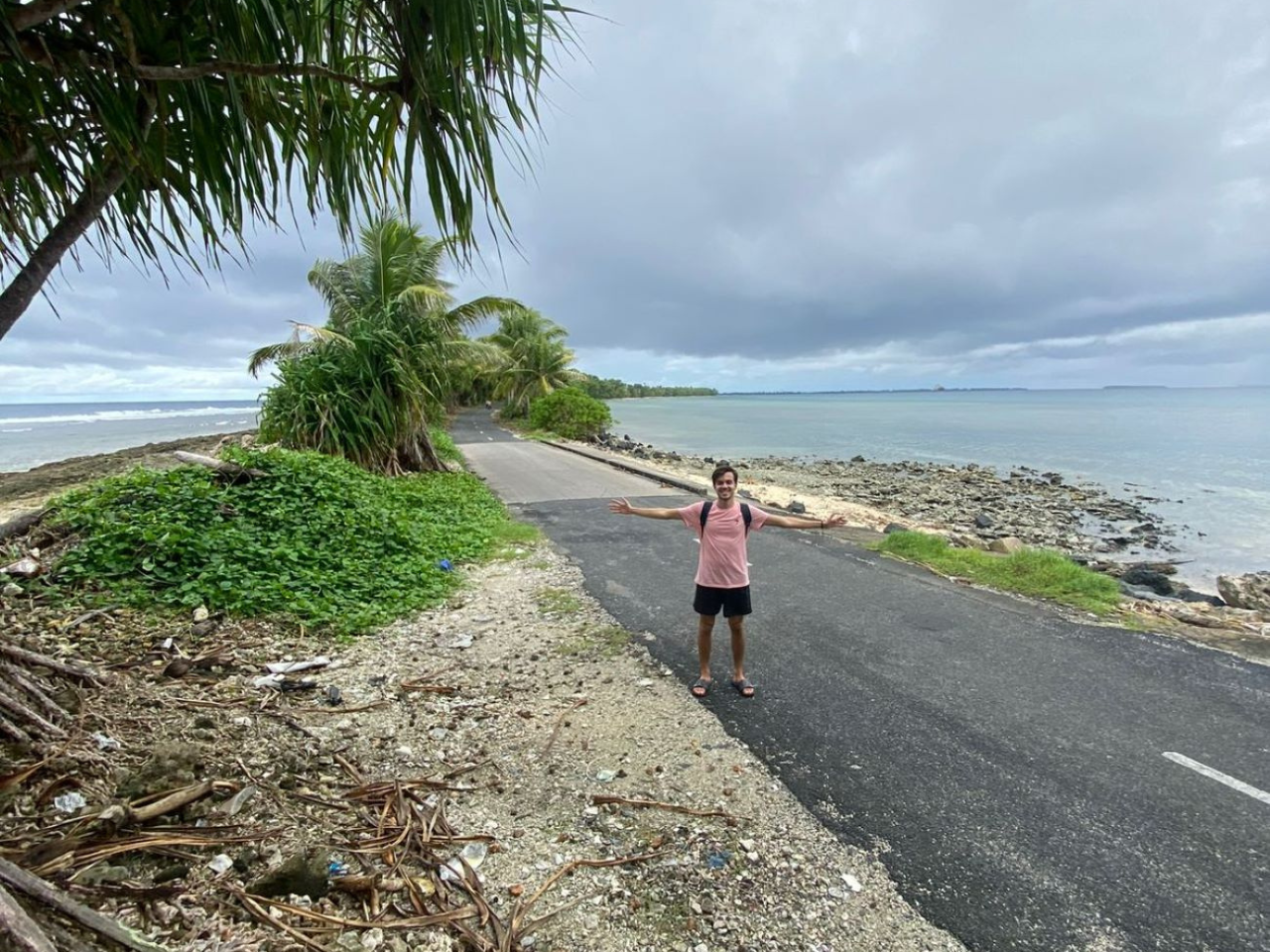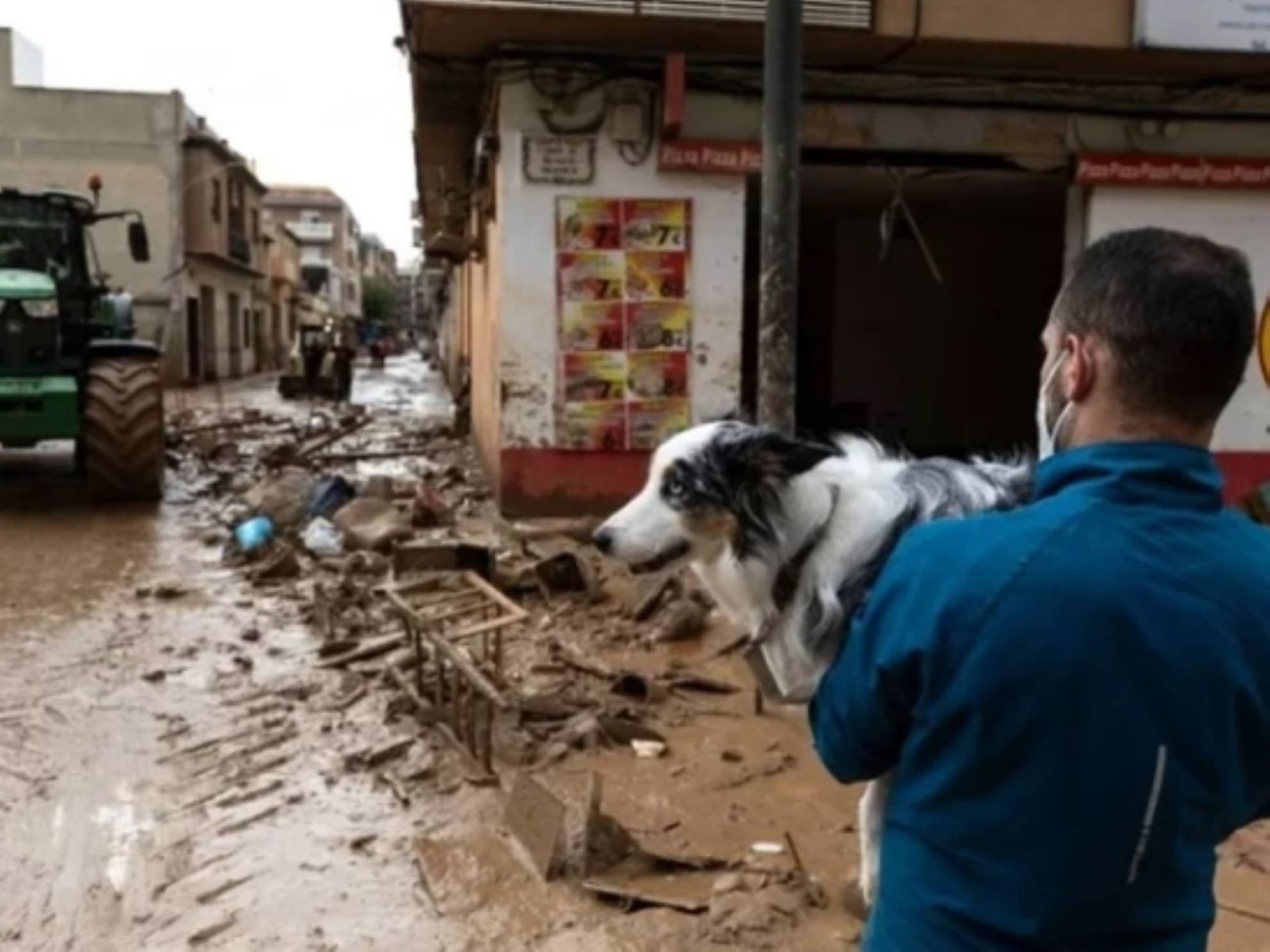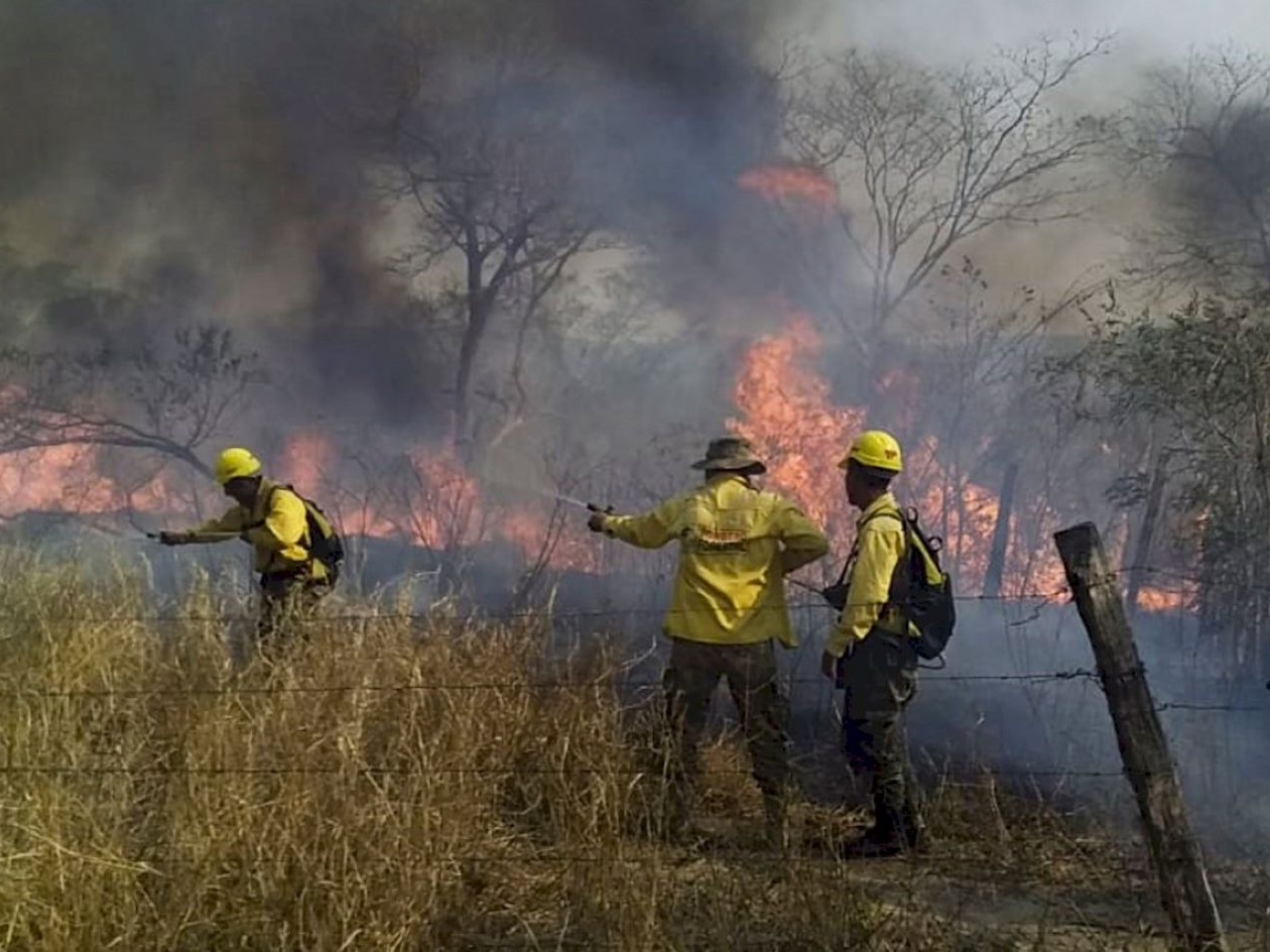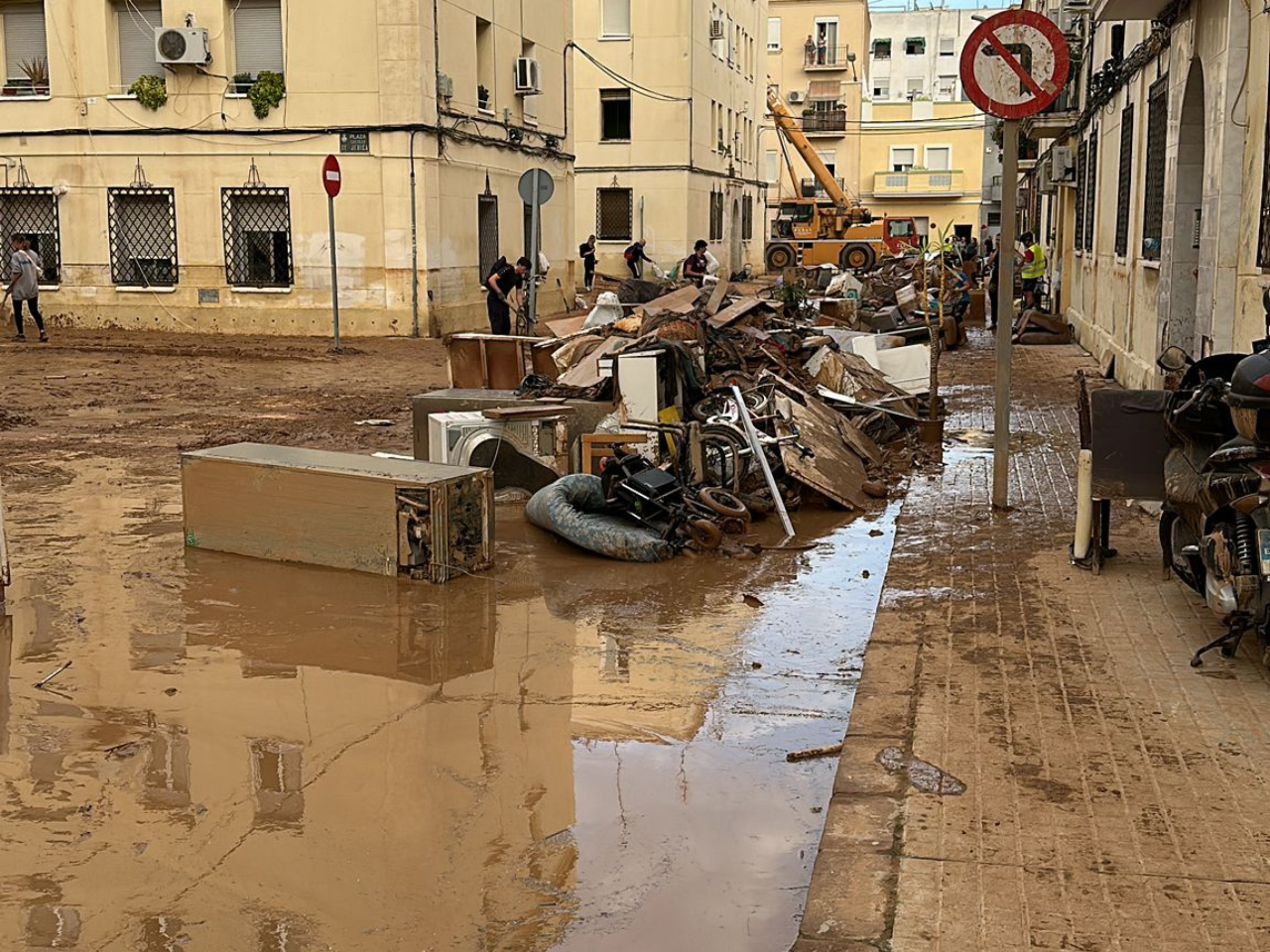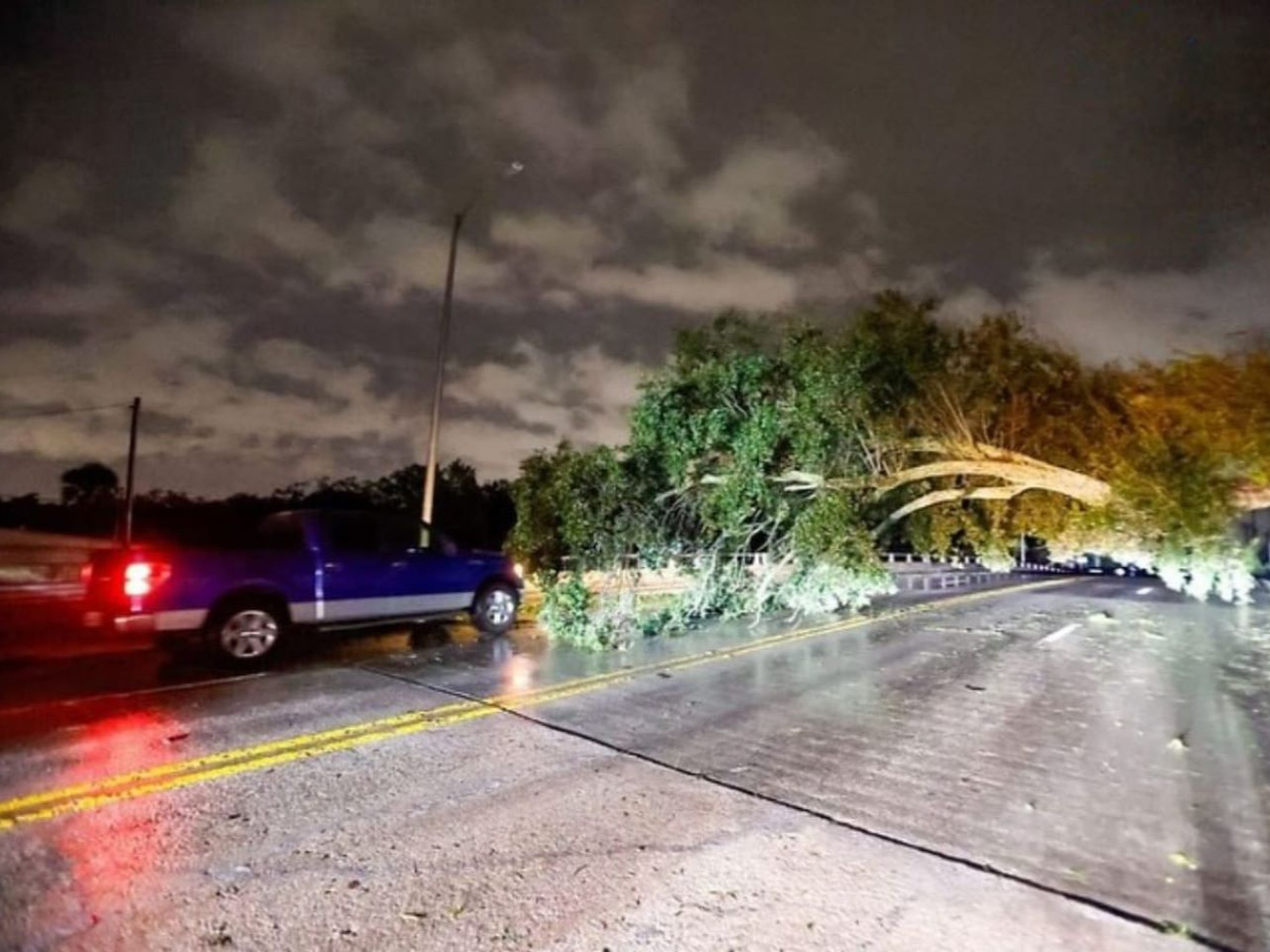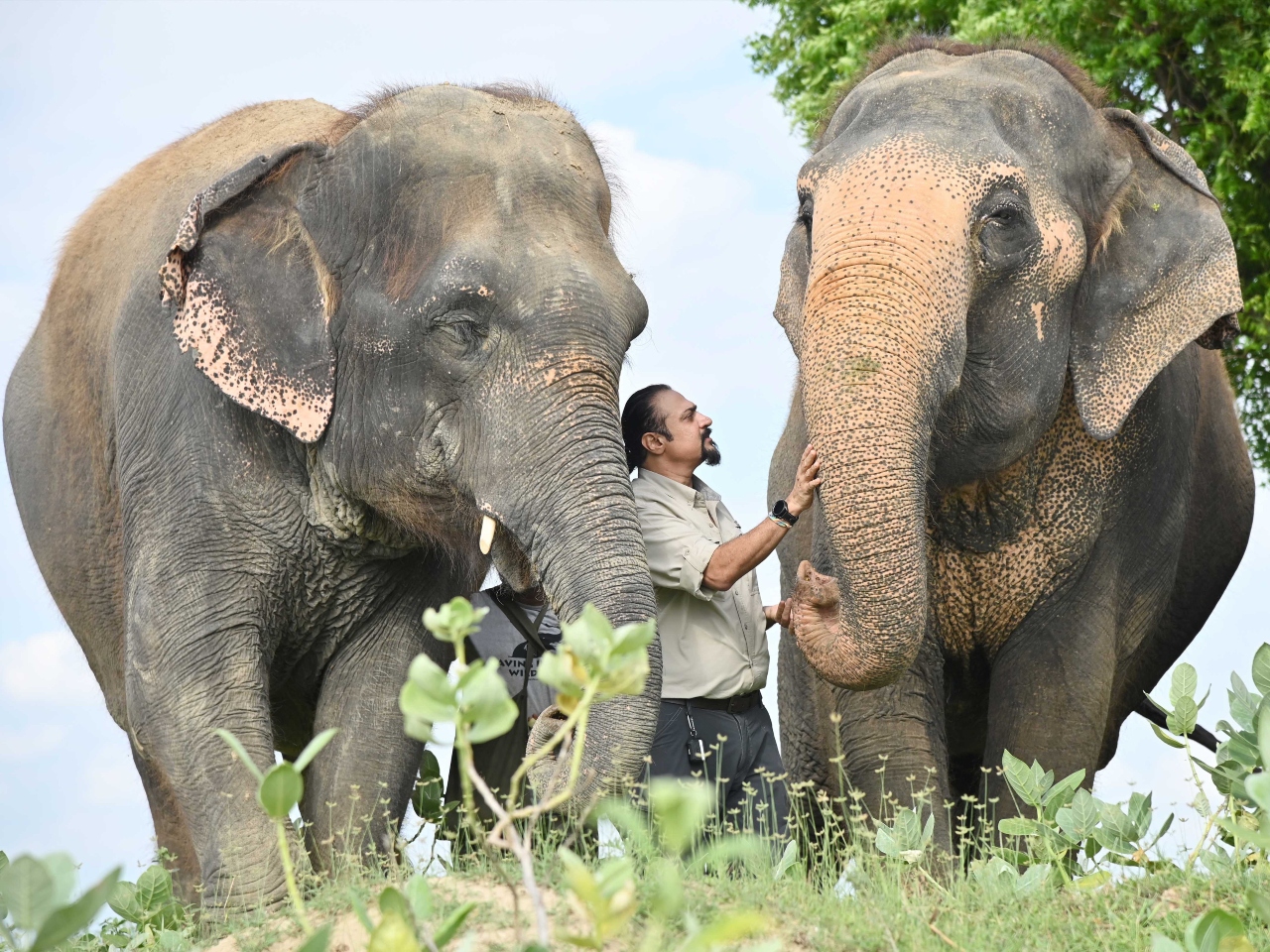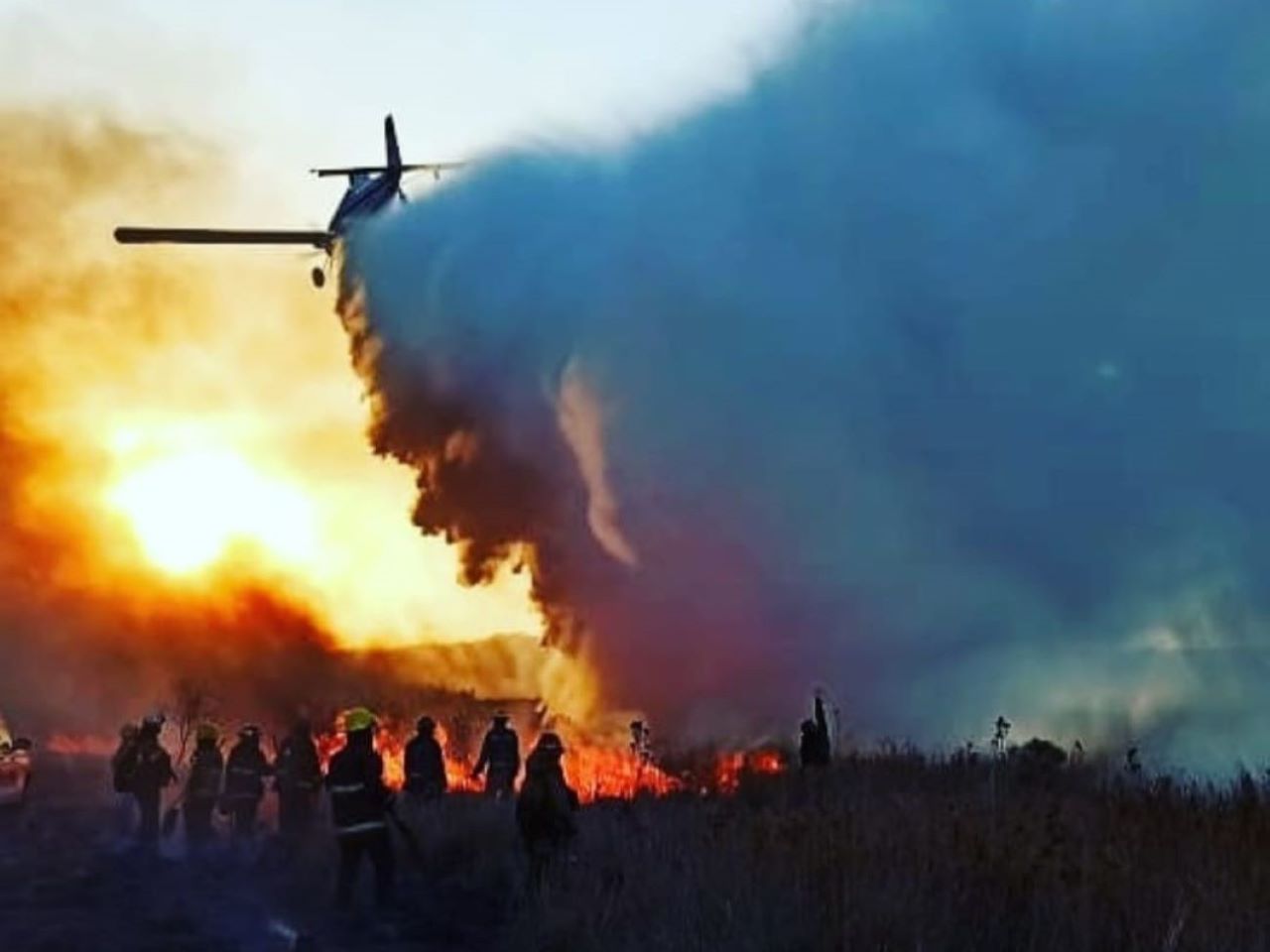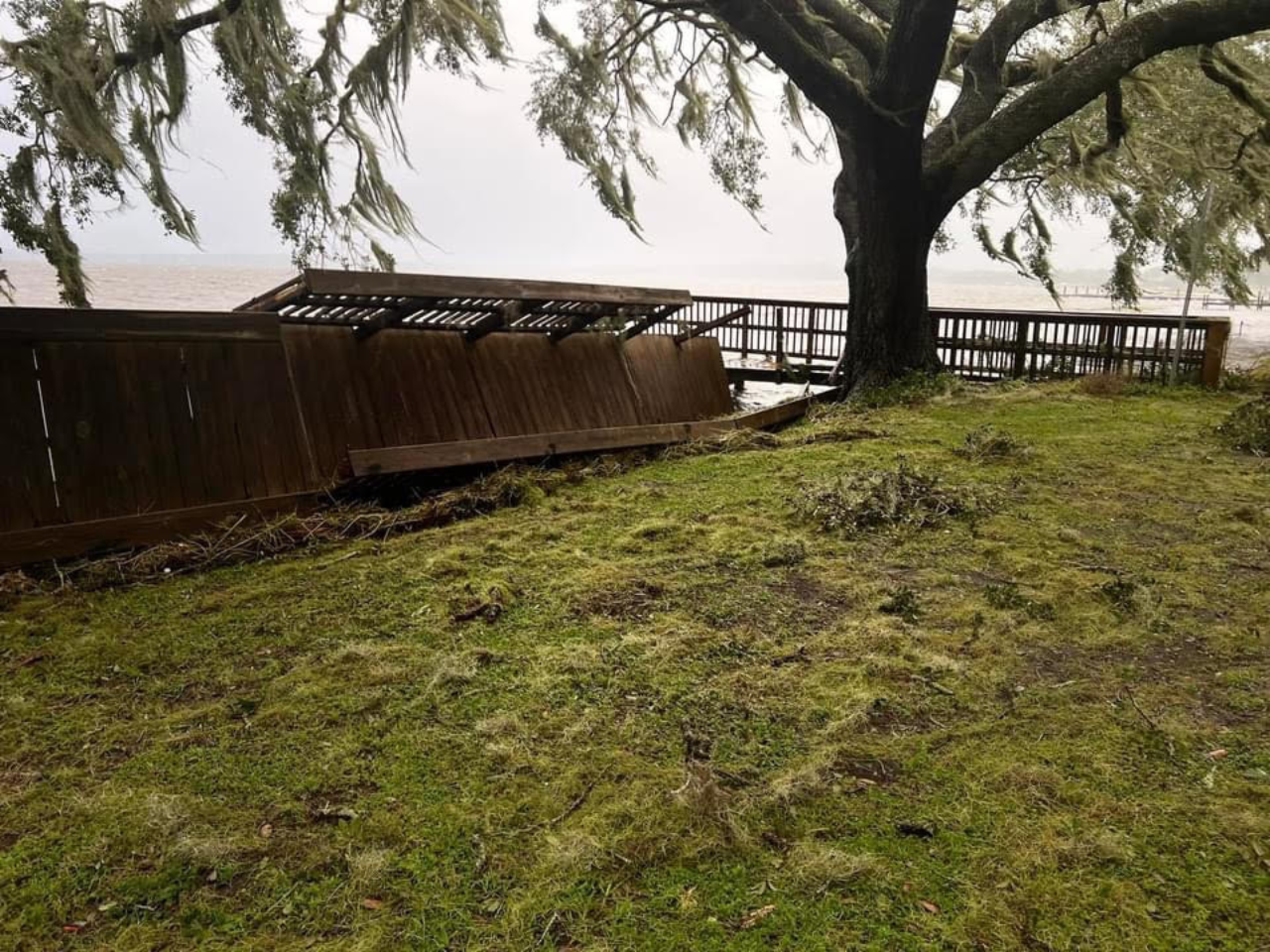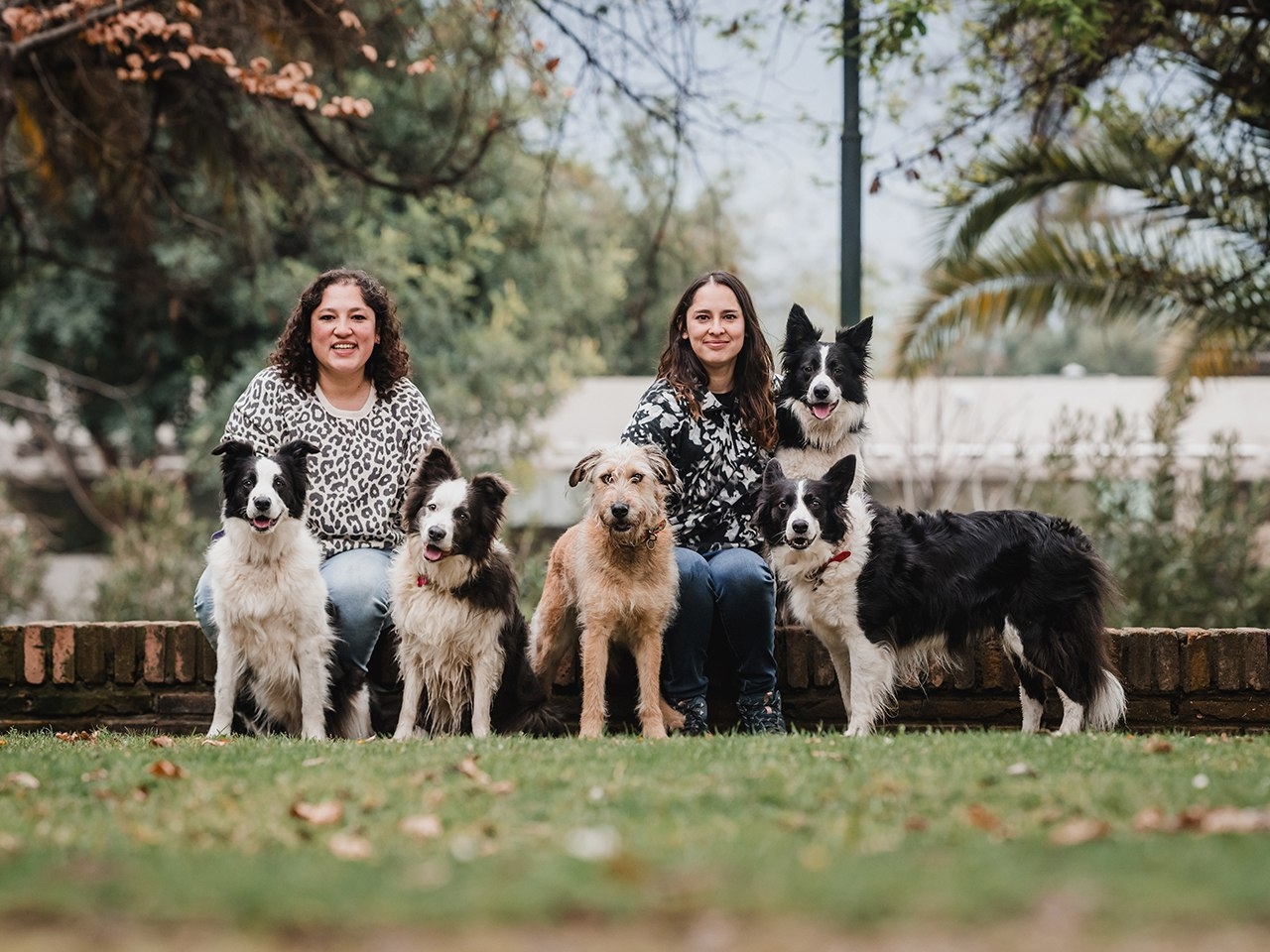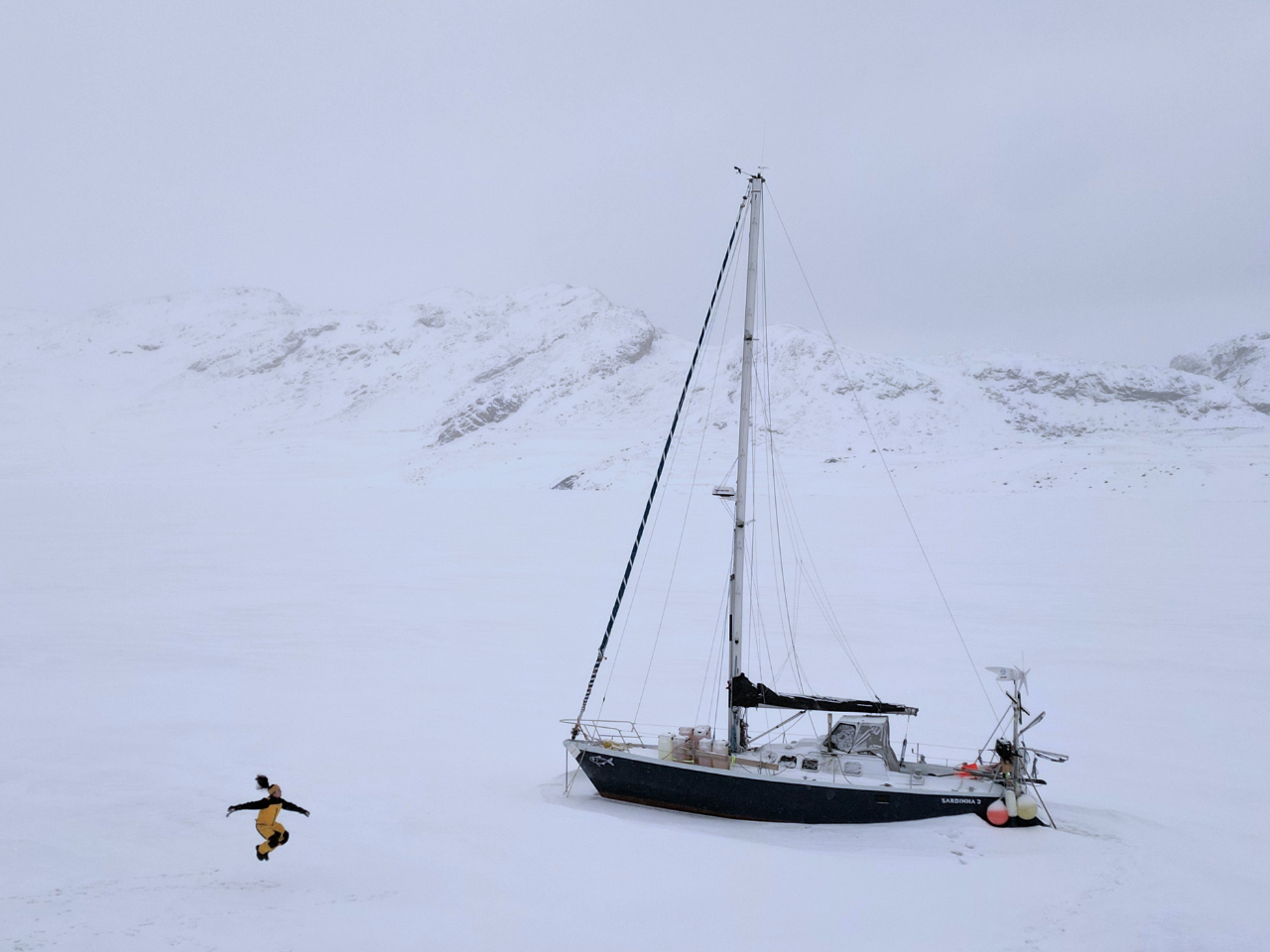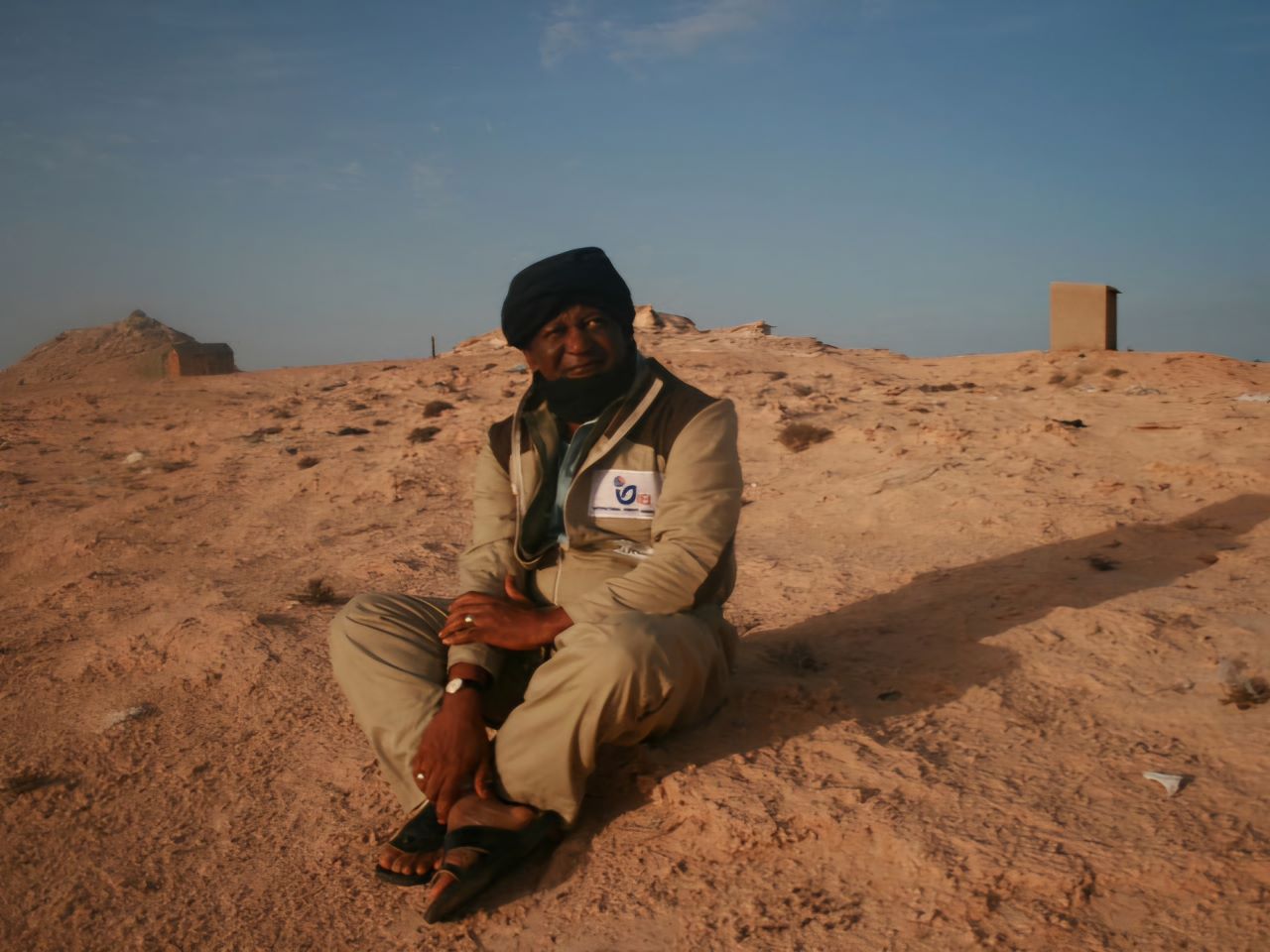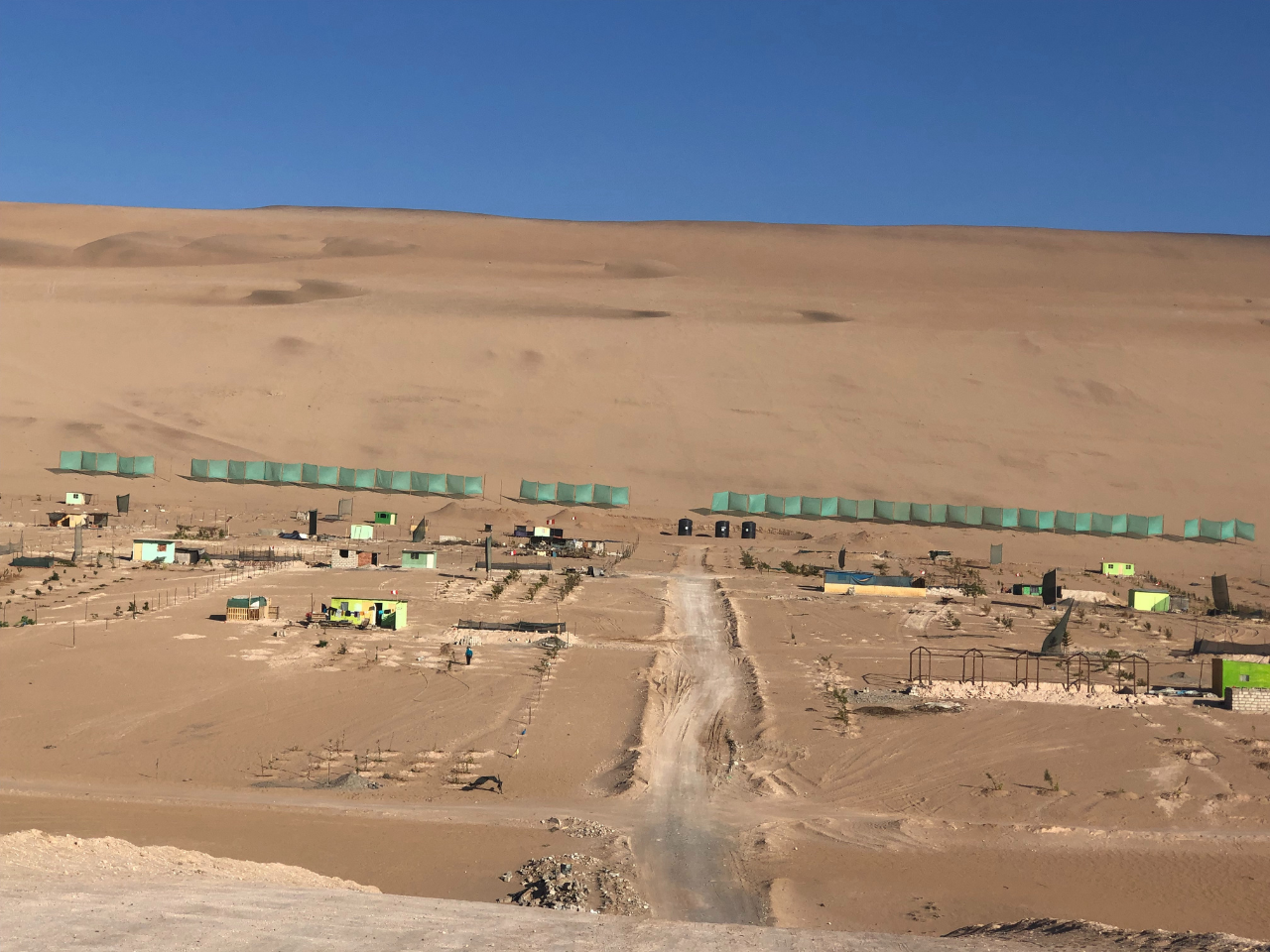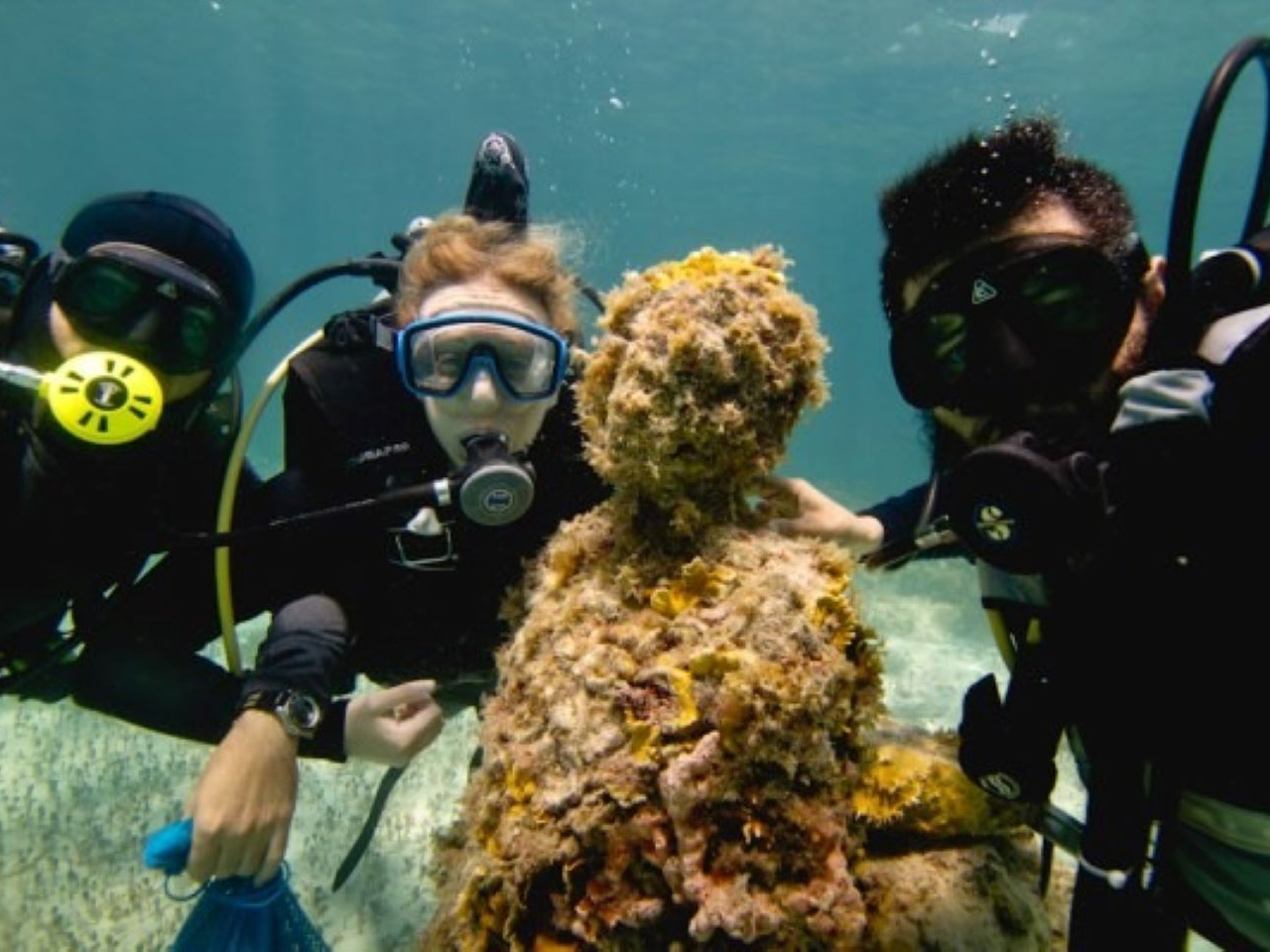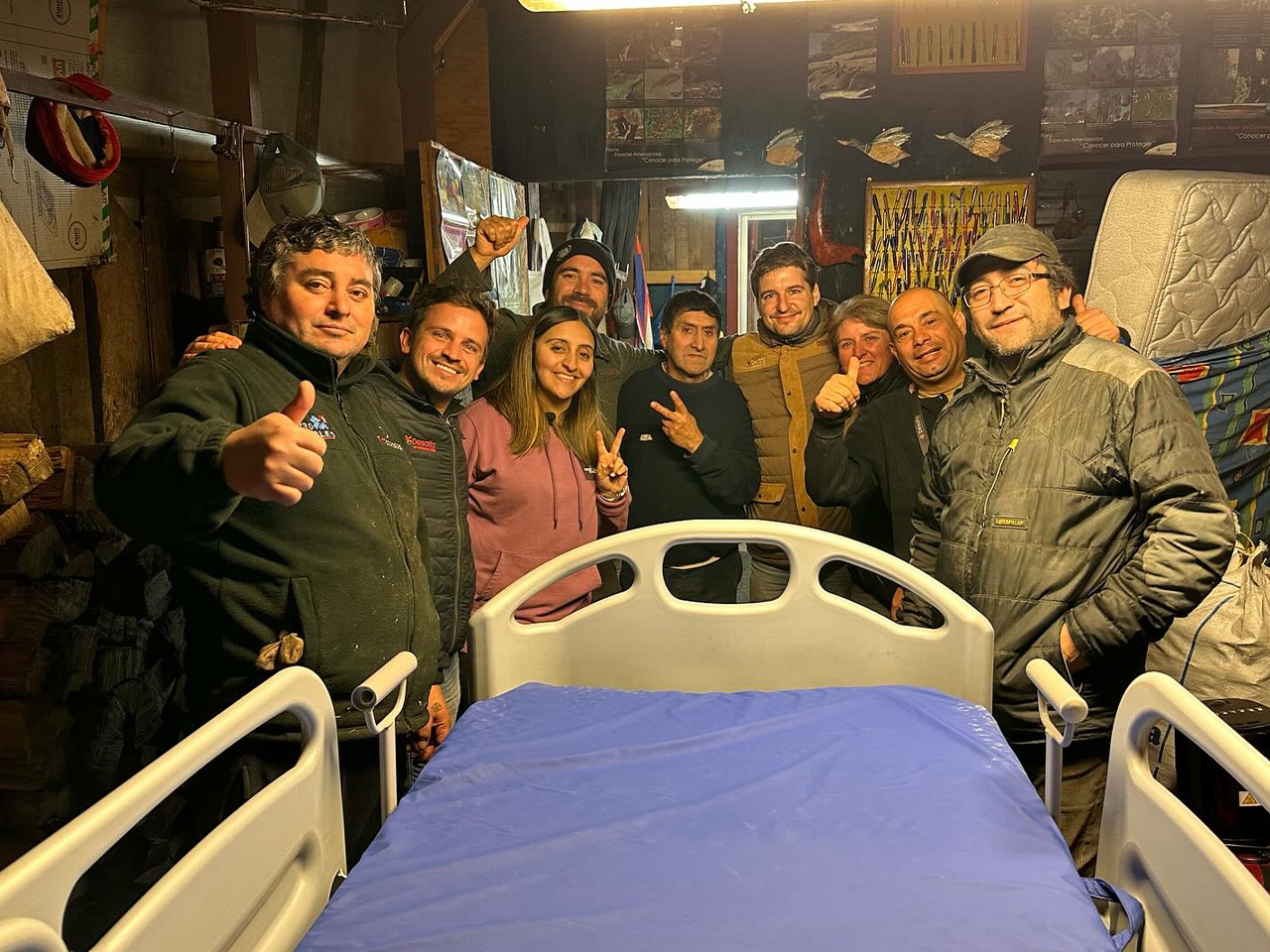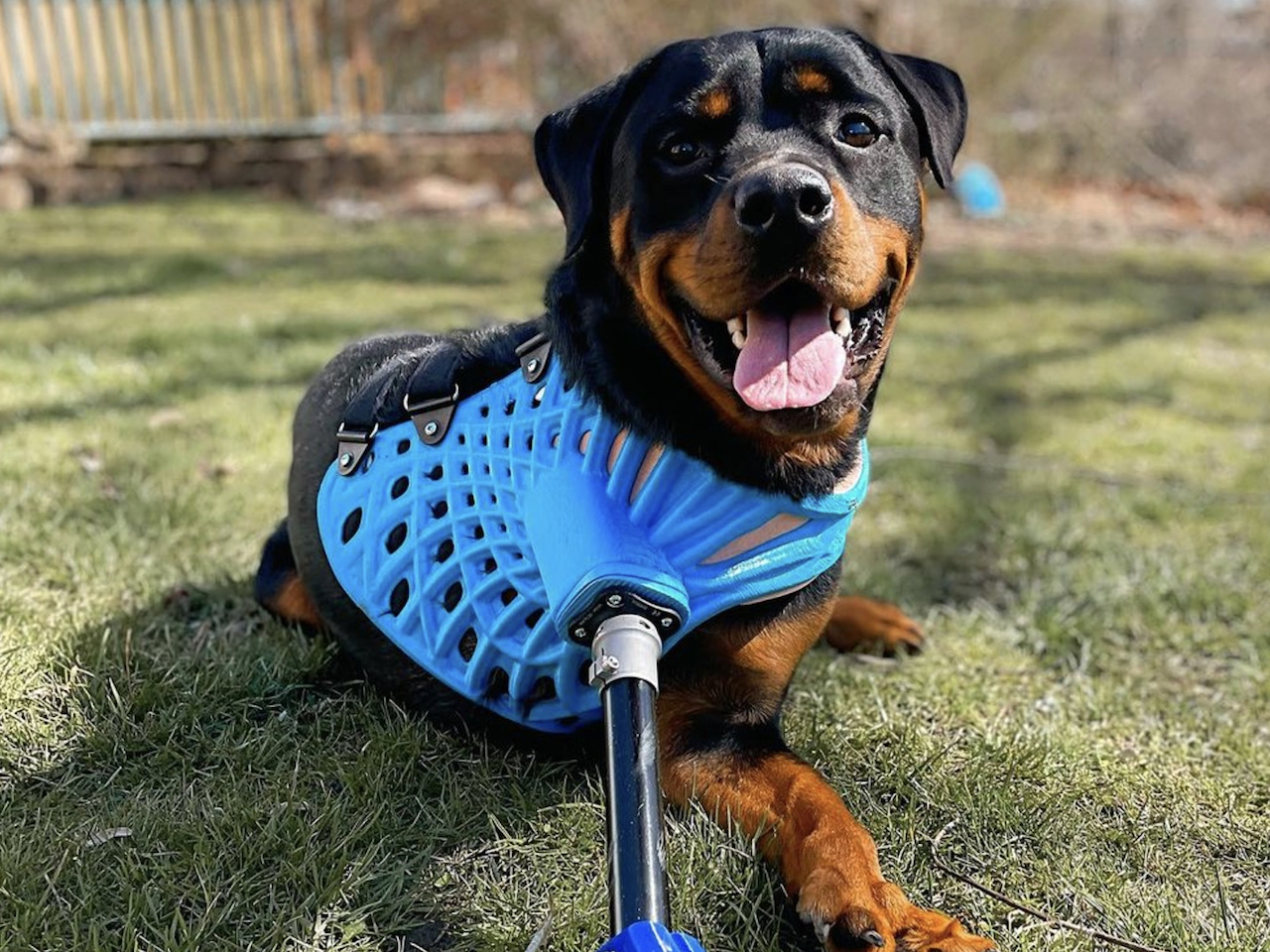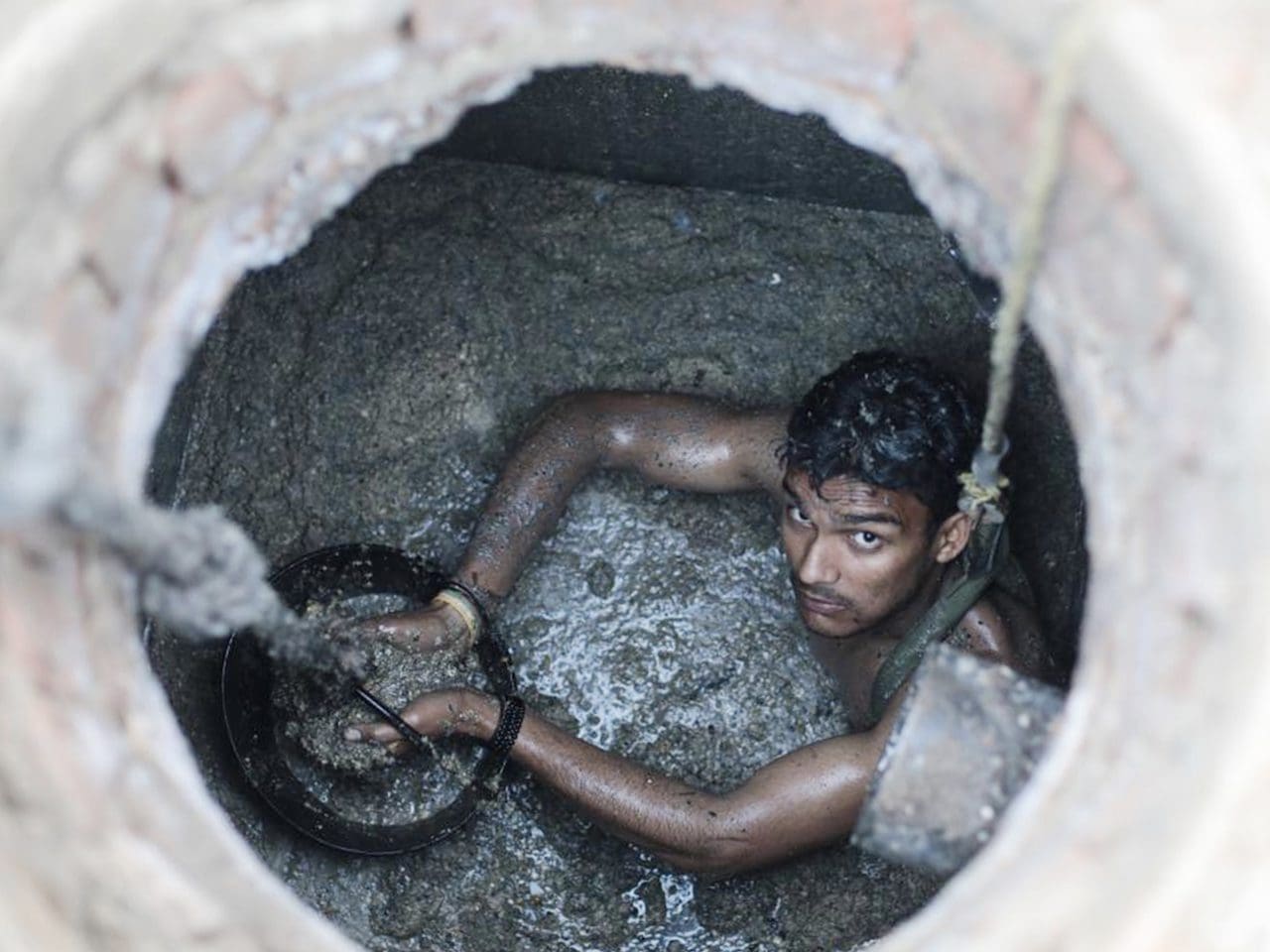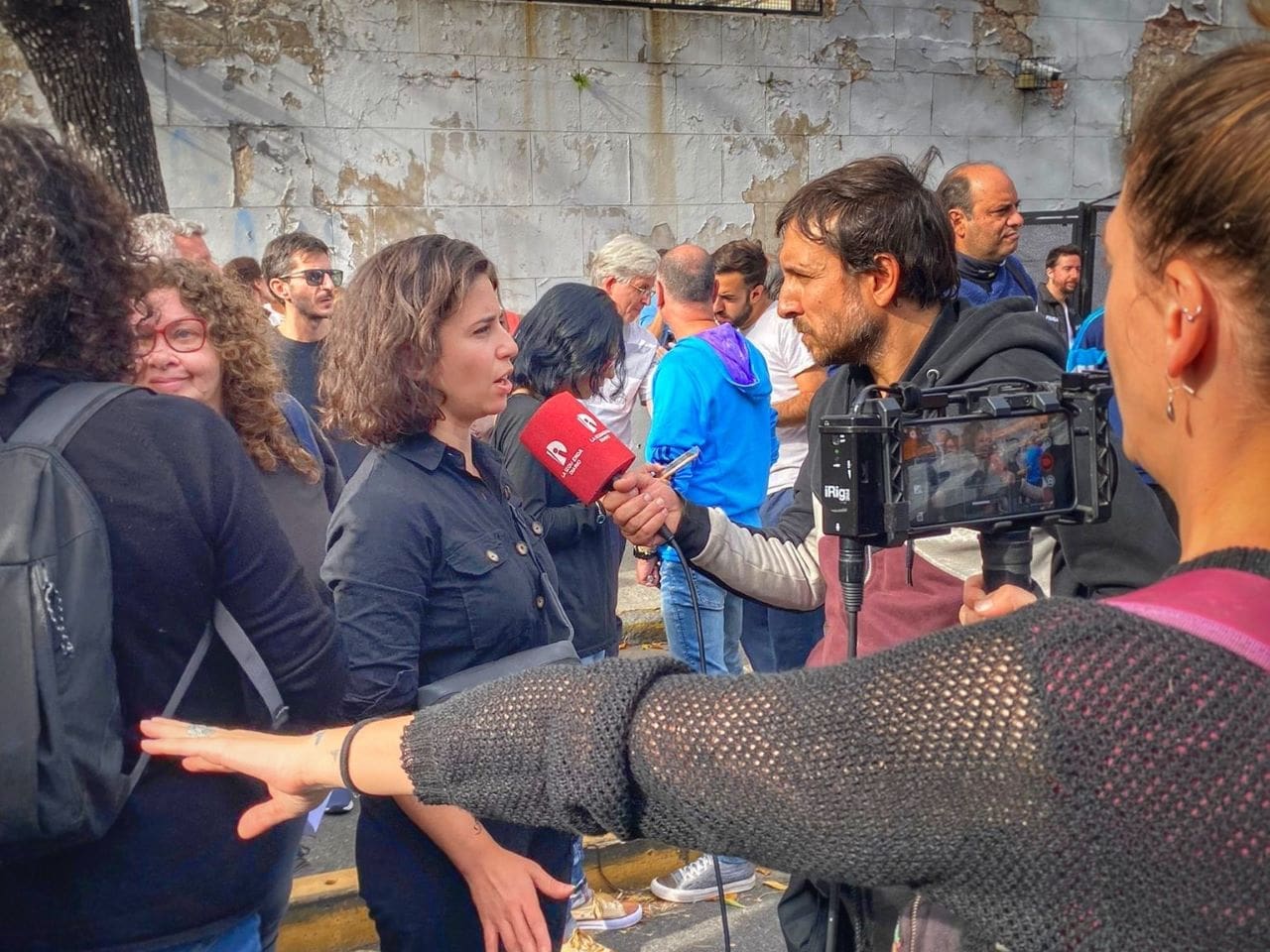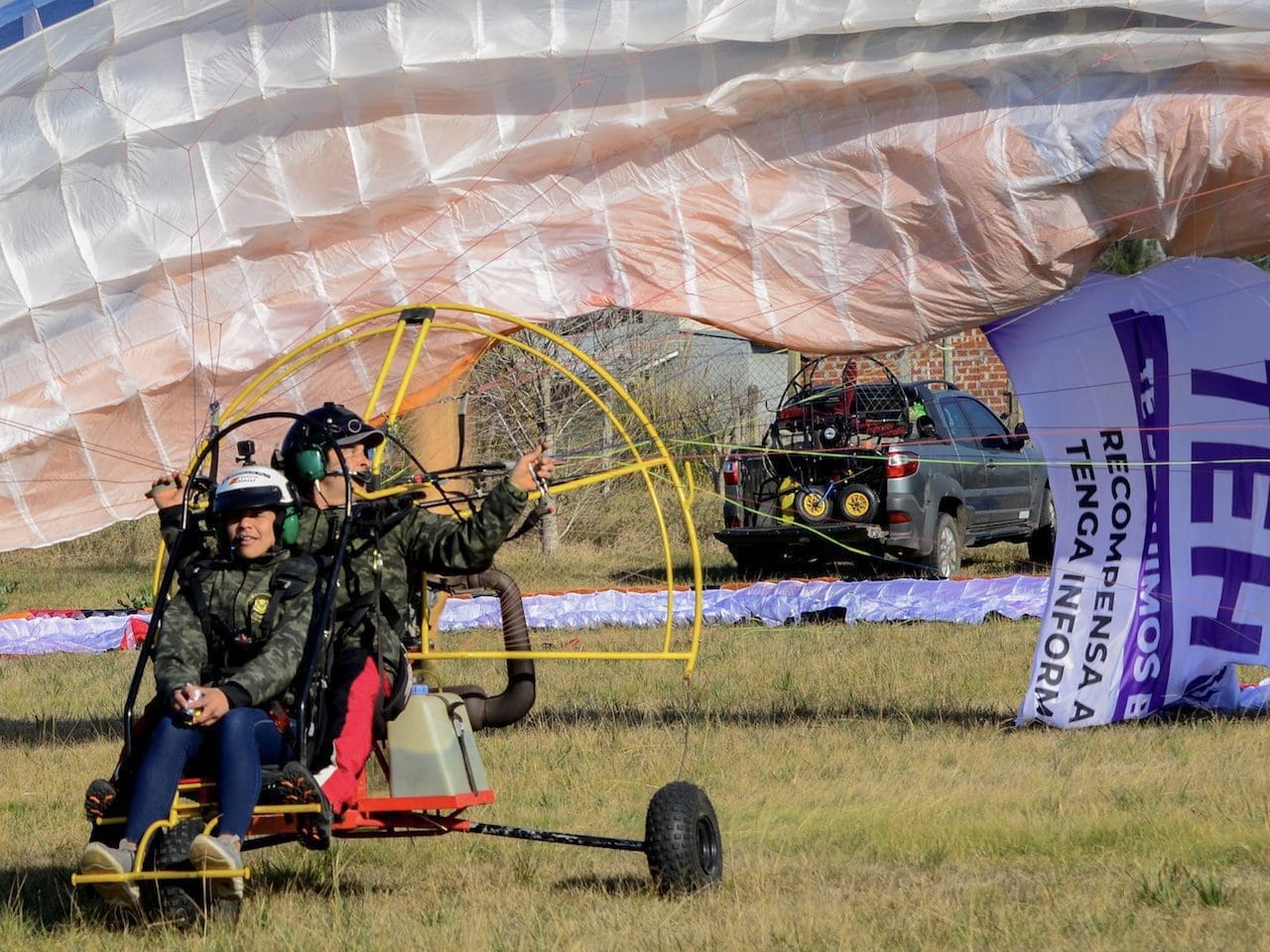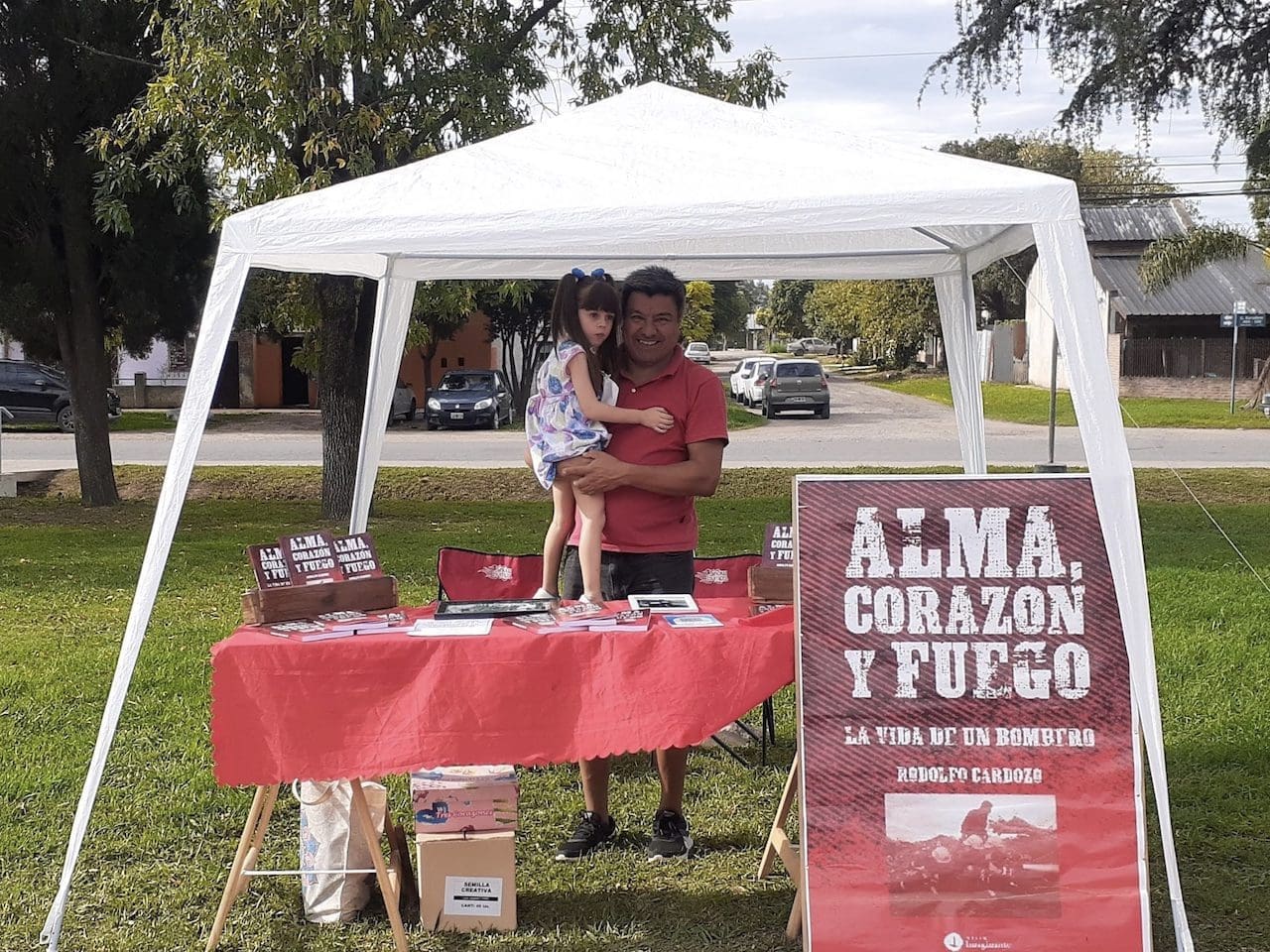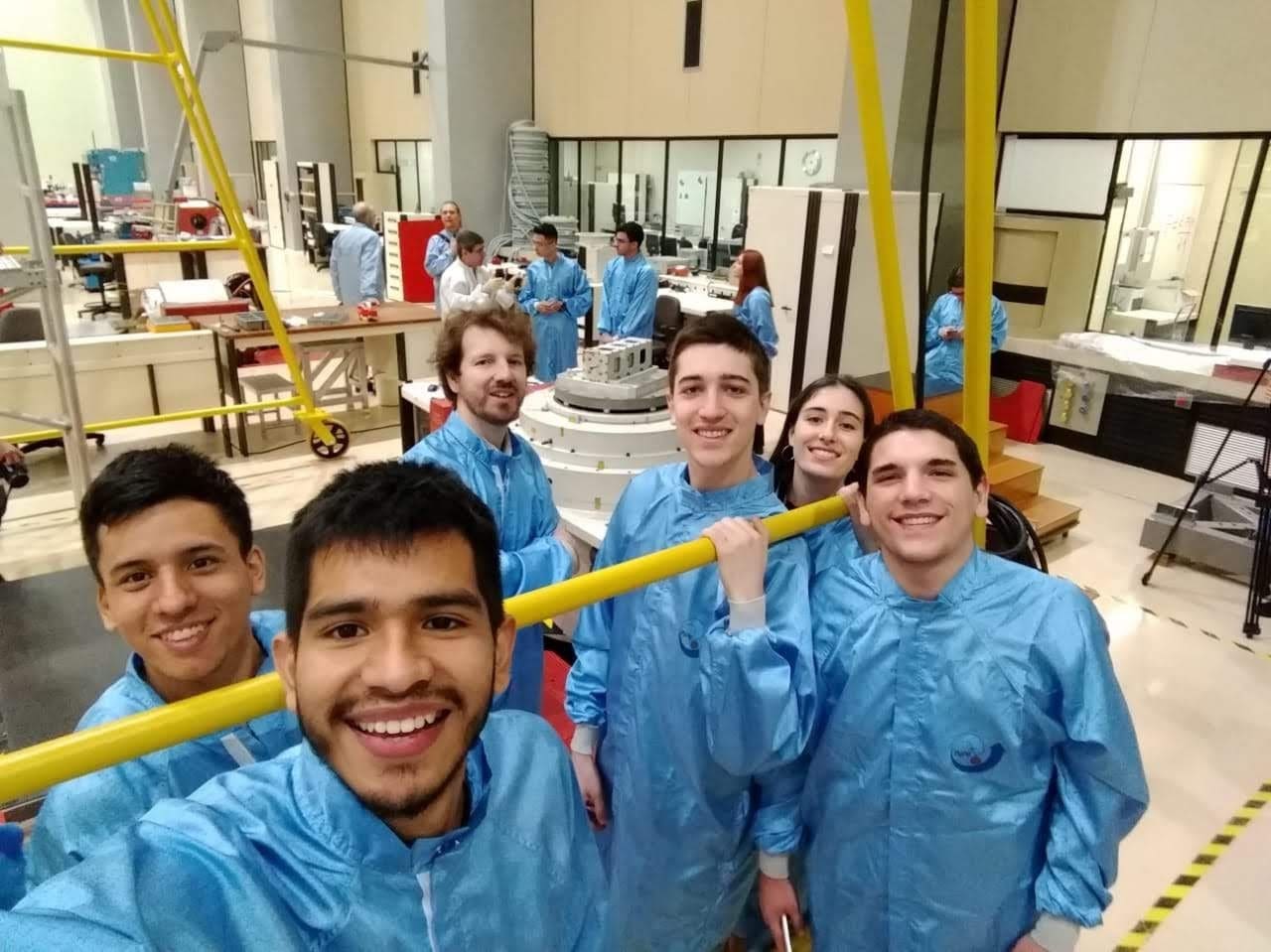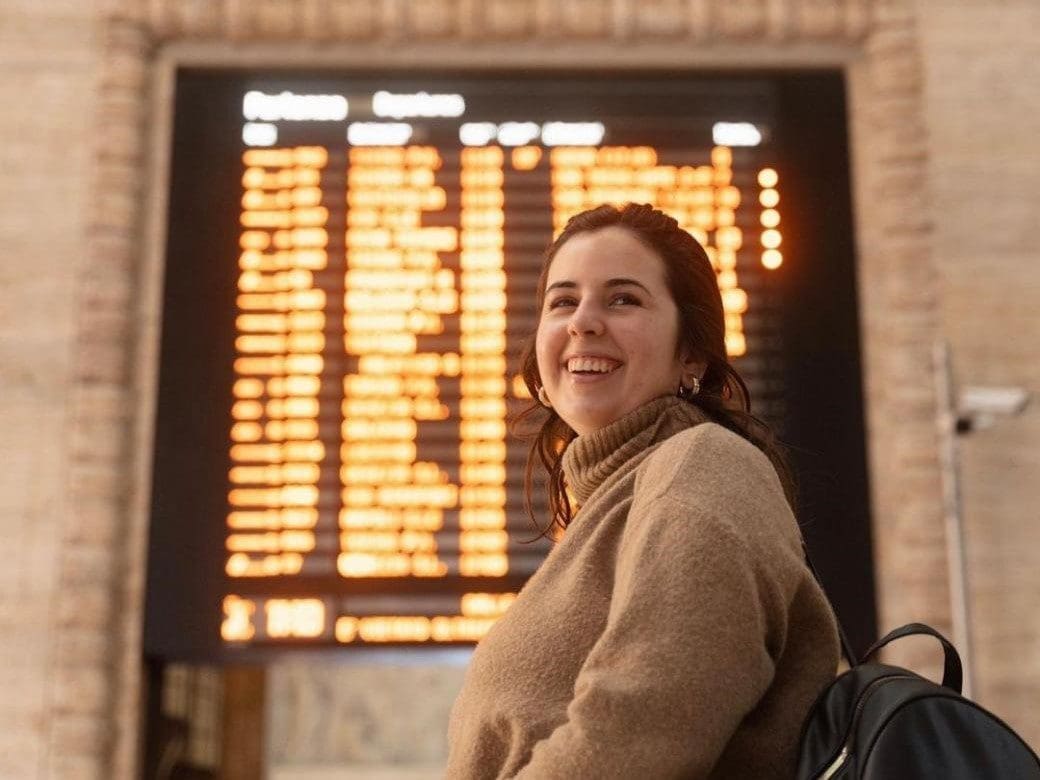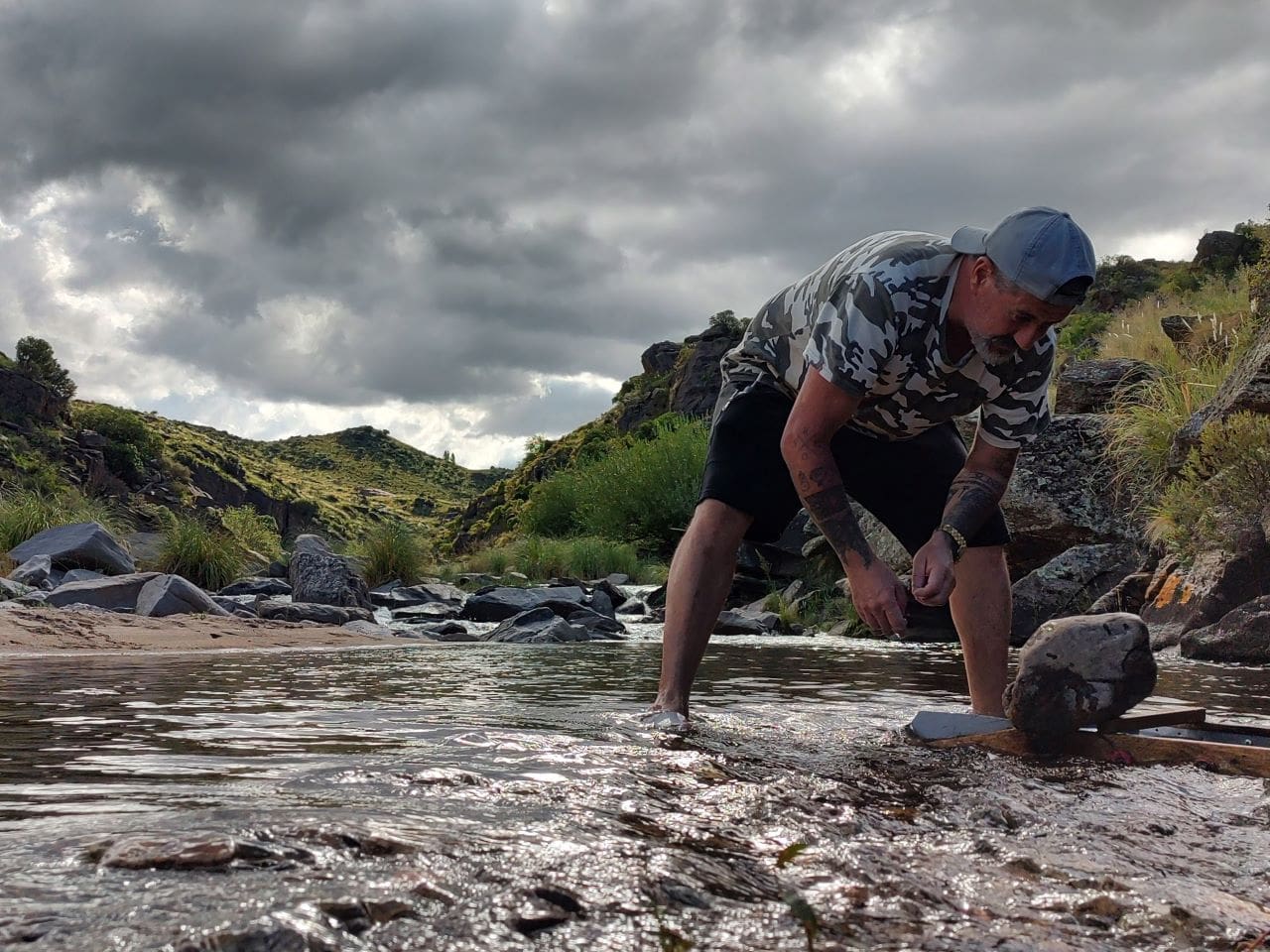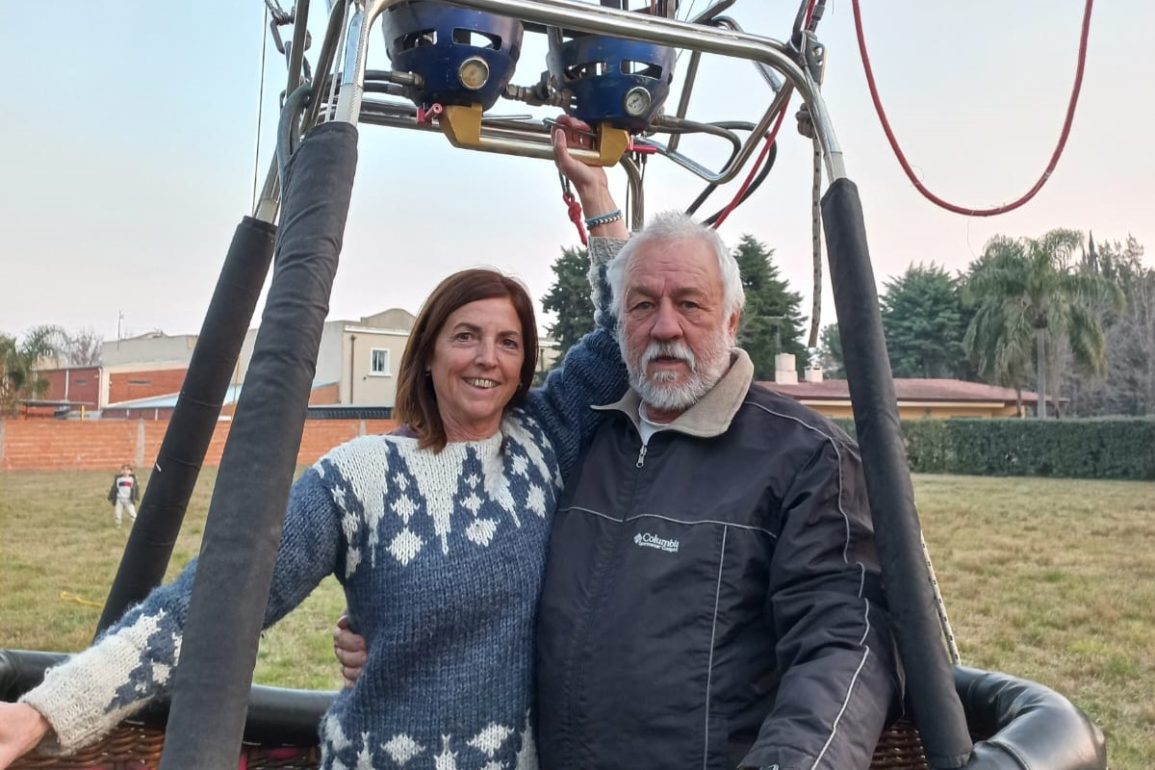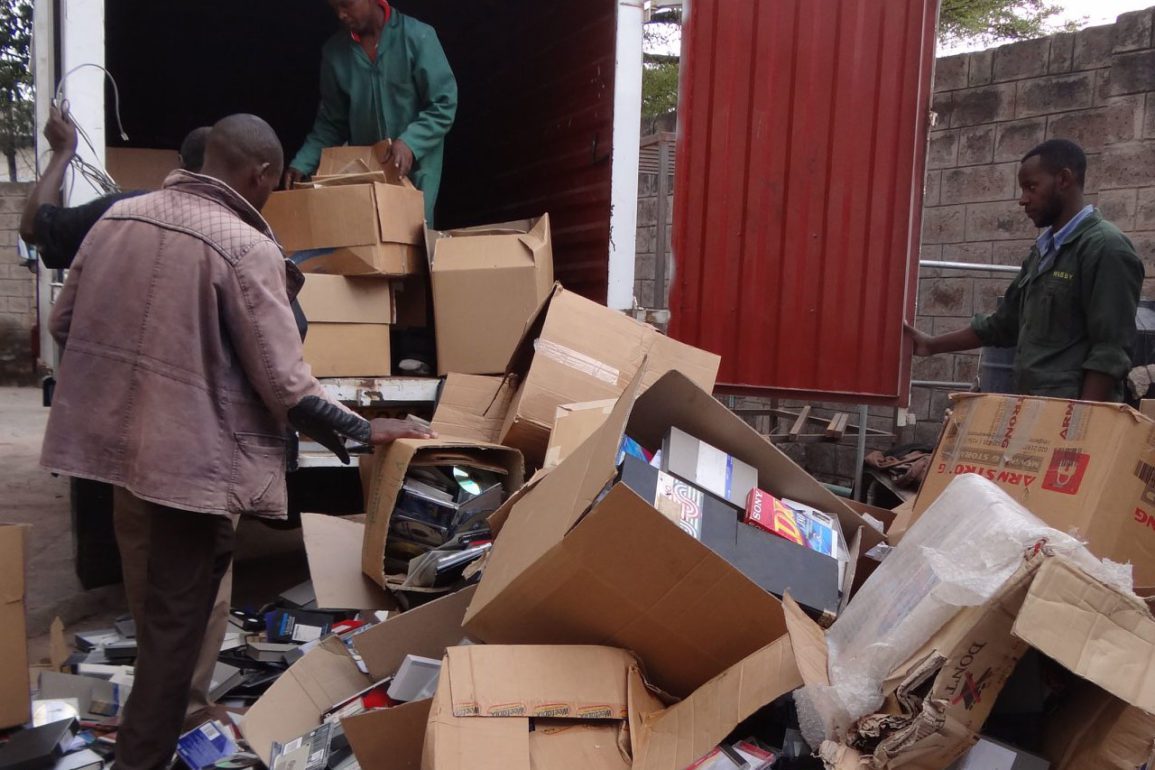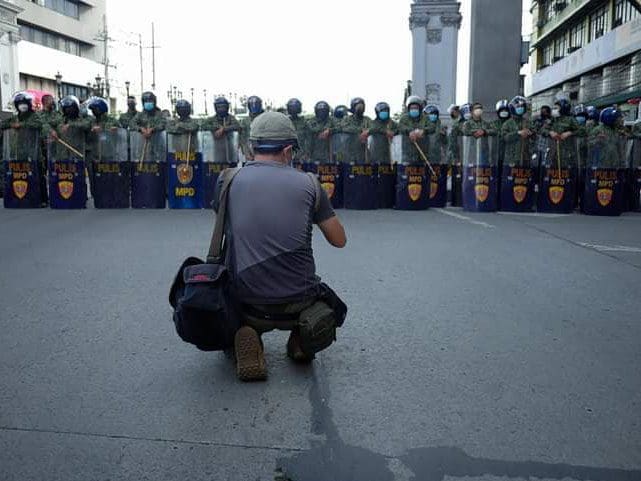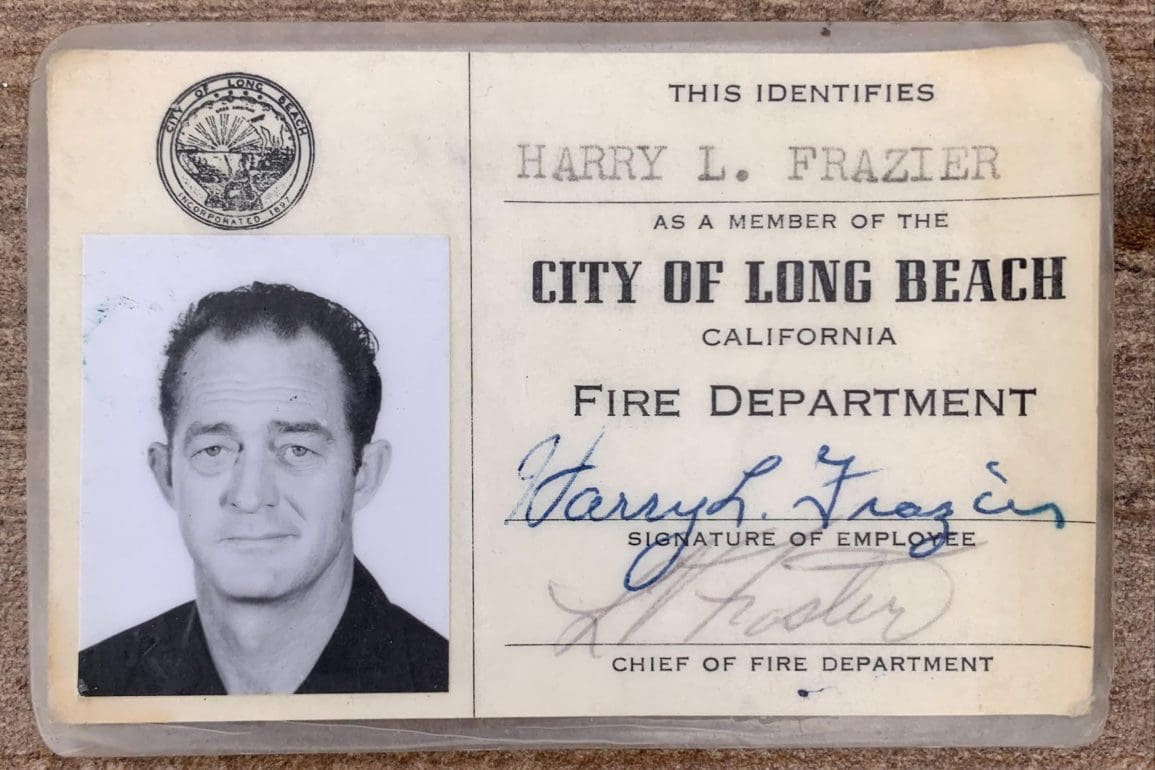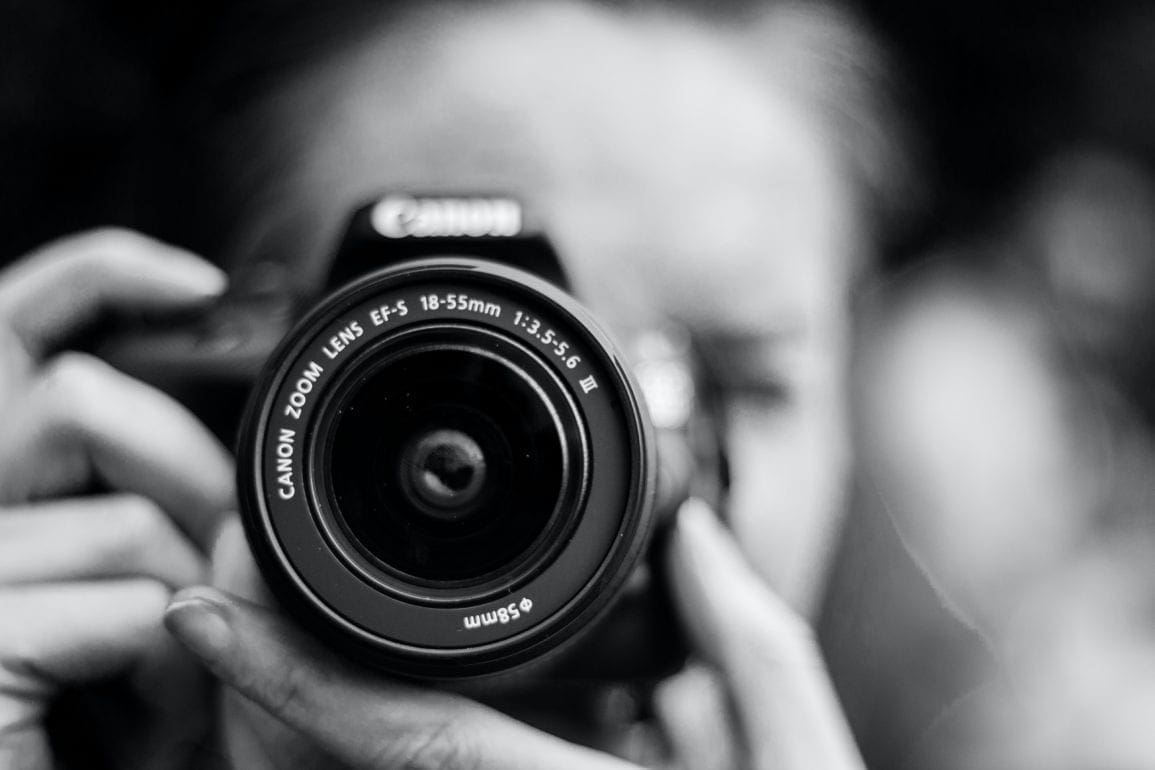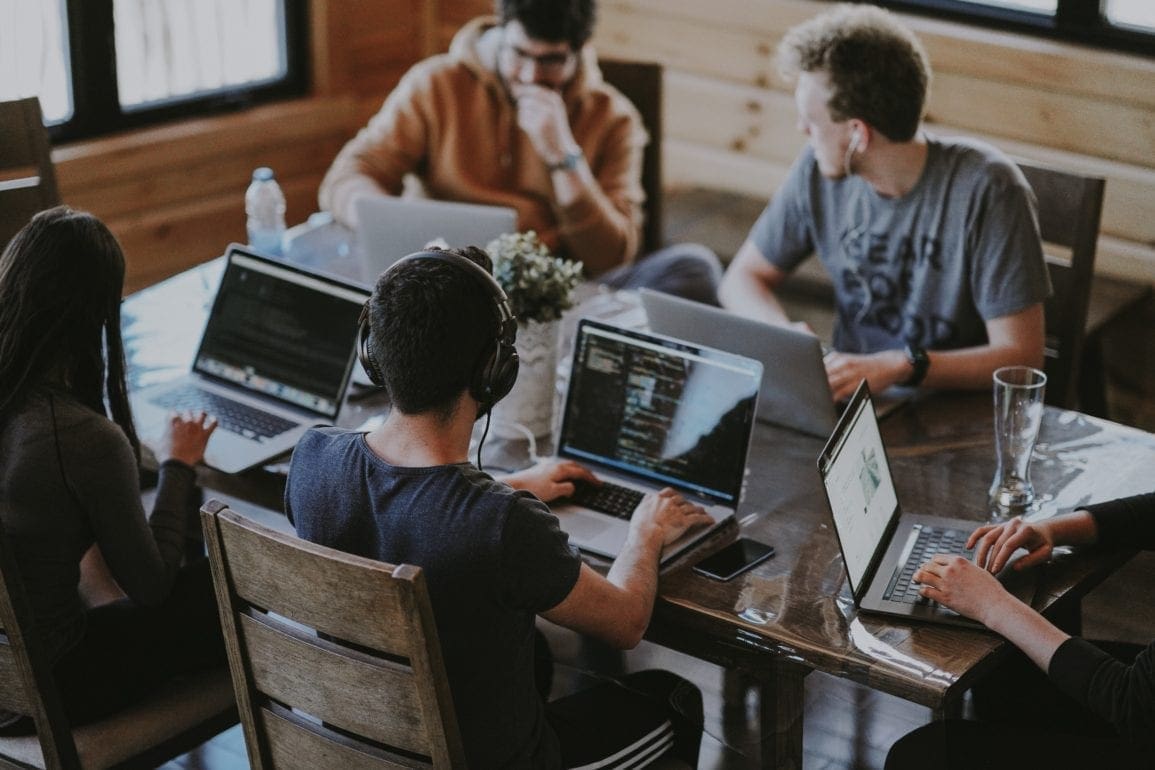Military vets wait out Hurricane Idalia in their vehicles, offering quick-time response and rescue
The smell of deep ocean water hit us. This isn’t the smell of sitting on the beach, kicking the sand around. It is as if Poseidon himself reached out his big hand, grabbed the deepest water he could, and threw it at you. You smell fish and the tinge of death all throughout the atmosphere.
- 2 years ago
September 2, 2023
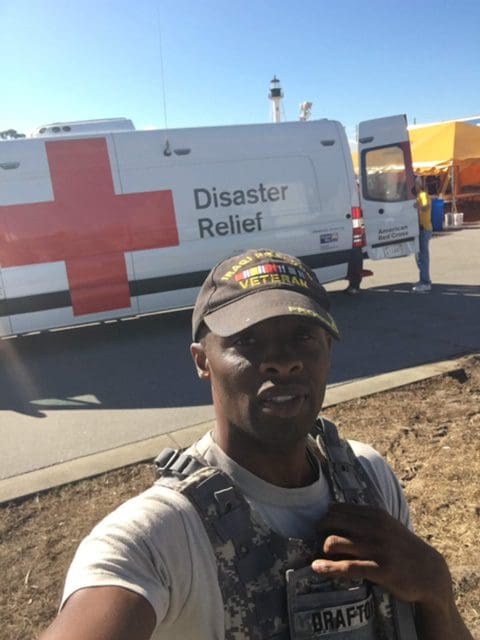







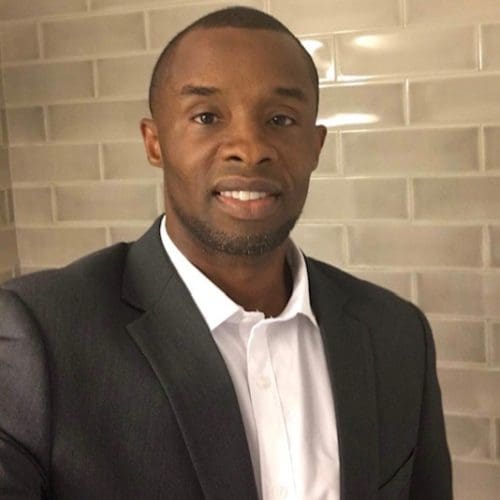
PERRY, Florida ꟷ On Wednesday, August 30, around 3:00 a.m., I left my home in Charlotte, North Carolina, and headed straight toward Hurricane Idalia in Florida. Every hurricane season, my guys and I keep the televisions and the radios on to see what is coming up the coast of Africa or the Panama Canal. When we saw a storm from Central America headed due north, we began paying close attention, waiting for the National Oceanic and Atmospheric Administration to issue an alert.
On August 26, that alert came. As the founder of the U.S. Veteran’s Hall of Fame Project and Search & Rescue Team Leader for the Veteran’s Emergency Response Unit, I started calling my guys and told them to suit up.
Read more environmental stories from Orato World Media.
Rescue team waits out the storm in their vehicles through 60 mph winds
The South Georgia guys left home at 8:30 a.m. and we converged in Gainesville to setup base camp. Suddenly, the storm took a northwestern turn. We packed up and drove to Tallahassee. From there, Hurricane Idalia moved sharply to the east and we followed, driving to the town of Perry.
We saw the first effects around midnight when more than 60 mph tropical force winds kicked in, riding out the storm in our vehicles. Typically, we look for a parking garage to hide in. Sitting above the second story protects you from water while the rebar and concrete offer extra safety. This time, though, we squeezed in between the old Perry police department and a bake shop.
The first thing you notice is the wind rocking your car. Imagine 10 guys on either side shaking your vehicle like they are trying to push it over. I always instruct my guys to put on their hard hats. You never know if a tree will fall, or a brick will fly. Next, you hear the rain smacking the windows. In this case, the smell of deep ocean water hit us. This isn’t the smell of sitting on the beach, kicking the sand around. It is as if Poseidon himself reached out his big hand, grabbed the deepest water he could, and threw it at you.
You smell fish and the tinge of death all throughout the atmosphere. This night we saw three to four hours of lightning every 20 seconds or so. We used radios to communicate between vehicles, getting some sleep and staying hydrated. Federal law requires us to wait until the winds come under 60 mph. Seven hours after it began, we stepped out of our vehicles and started our search and rescue efforts.
As debris littered the streets amongst downed power lines, the people remained humble and grateful
The team relies on three things. A police scanner picks up 50 surrounding counties. We listen for distress calls coming in. Second, we let the Sheriff’s Office and the Police Department know we are in town and what equipment we have, and coordinate with shelters, fire, and EMT. Finally, we rely on our own intuition. Days in advance, we study the perimeter of low-lying areas. Once the winds drop, we can go door to door to find people who need help. Nine times out of ten this is what we do.
In Perry, we quickly responded to six search and rescue calls for missing people and 14 breach-of-property calls. We went through doors and windows to check on loved ones. In most cases, we found the properties empty because people already evacuated. Next, we helped with traffic control. Authorities dropped off barricades and we set them up, serving as flaggers. Finally, we worked on main structure objections. When people try to go in or through a structure that looks unstable, we prevent people from entering.
In the aftermath I watched a beautiful, young lady sweep the street to move glass away from her shop. Twelve police cars converged, serving as escort units. A block away from my position, the American Red Cross setup. Shop owners and locals walked around a landscape of downed power lines, trash everywhere, and a collapsed roof 10 feet from my position. Smashed windows and downed trees mixed with blown-out store fronts, leaving debris in the middle of the road.
The people waved and thanked us, bringing donuts and a 48-pack of Gatorade. Their spirits remained high, grateful and humble it wasn’t more catastrophic. I watched good, homegrown residents going through a tough time remain peaceful, happy to see a friendly face and a helping hand.
Military vets who use their own vehicles, rely on donations, respond to over 11k rescue calls
I experienced my first storm, Hurricane Katrina, in 2005. Living in Dallas on military leave, I wanted to give back. As my fiancé battled cancer, stuck in the house, I was getting on her nerves, so I started my rescue team with nothing but military veterans. Since then, we responded to 83 storms over 12 years. As veterans we never say, “Only until my contract is complete or only when I’m in uniform.”
As an ordained chaplain, I know God has got us; that we will make it through. I tell the guys, “Rely on your faith, whatever that is.” I look to my right and my left, and I know I have my battle team. They will get me out if something happens.
As an experienced hurricane emergency responder, I always want people to be optimistic, to give our teams a shot, but also be wary of scammers. We see it every year. People drive in for a day or two and they look good. They appear to want to help, but they start asking for personal information. Make them justify who they are.
We are volunteer vets often on a set income or disability from the VA. We sometimes rent a vehicle but often we use our own. My truck has 262,000 miles on it. We rely on support and contributions to do this work. [The US Veterans Hall of Fame pays public tribute to the men and women of prior military service who exemplify great character and service. They gather resources to enhance the lives of veterans after their military careers have ended. The Veteran’s Emergency Response Unit of the organization has responded to 11,037 rescue calls since inception.]



